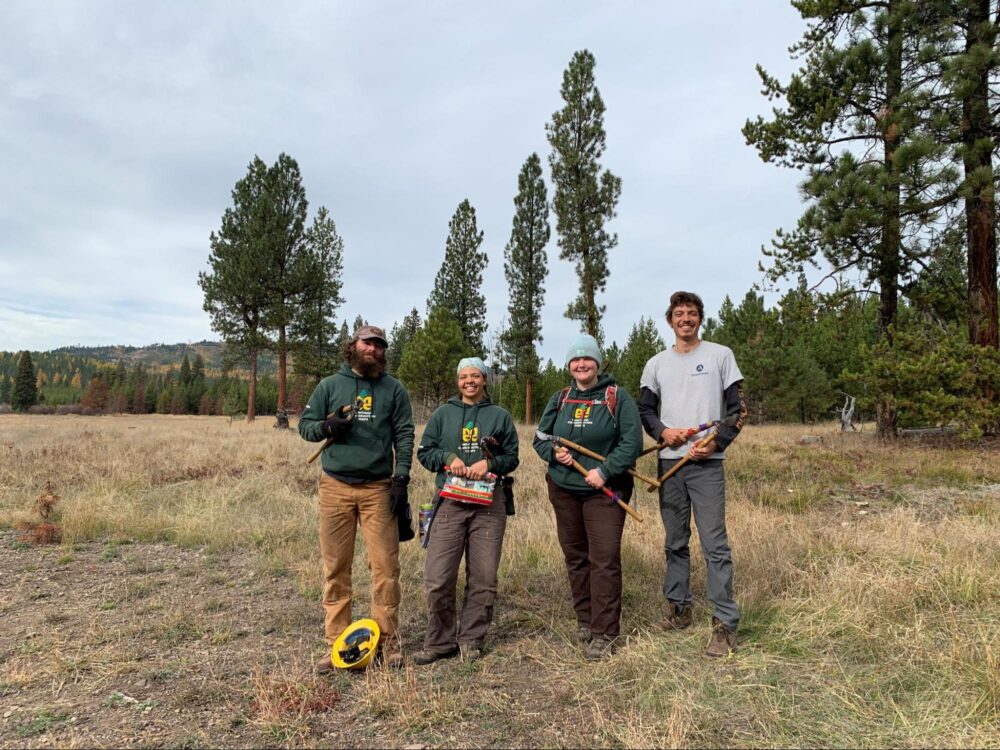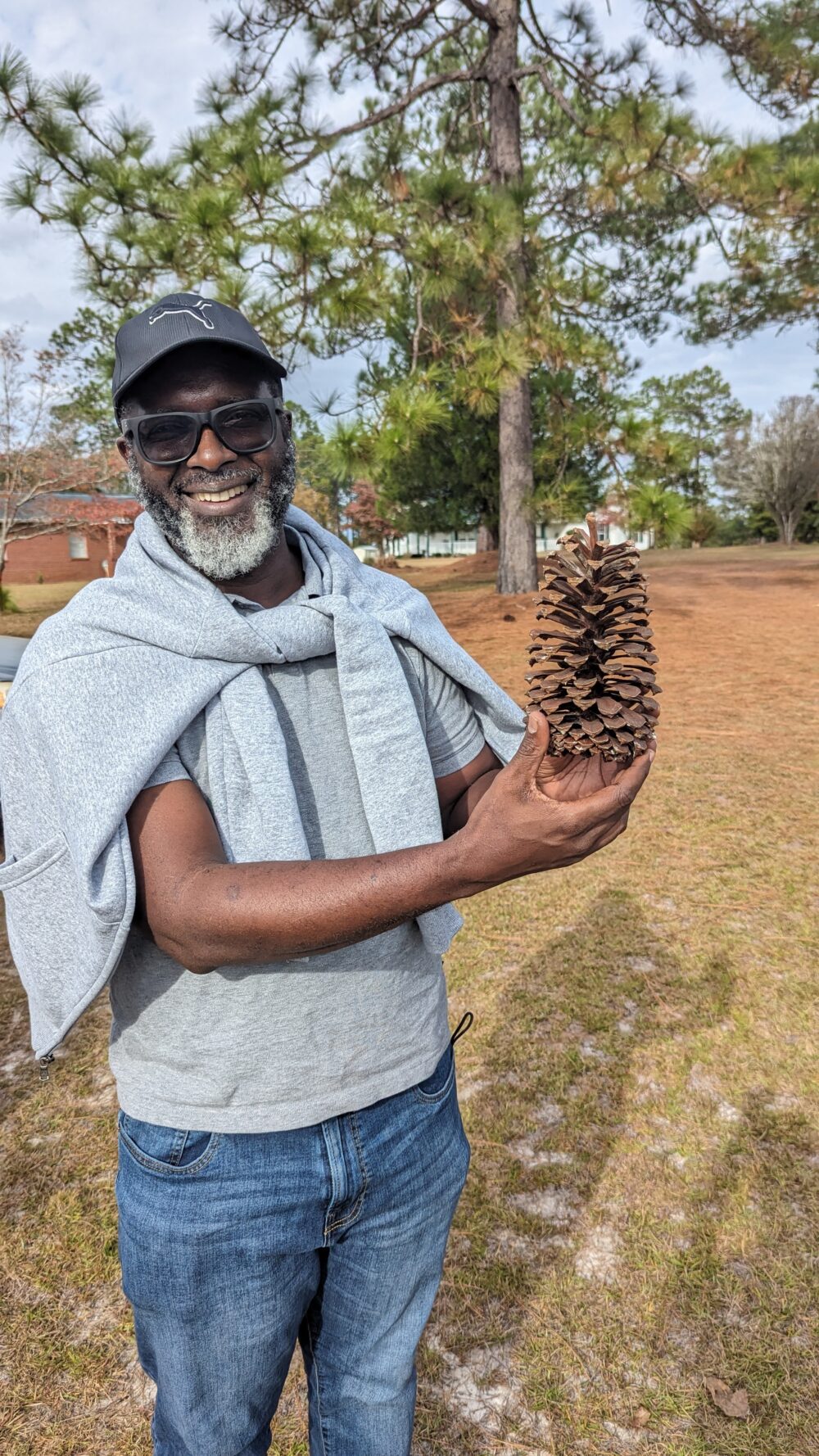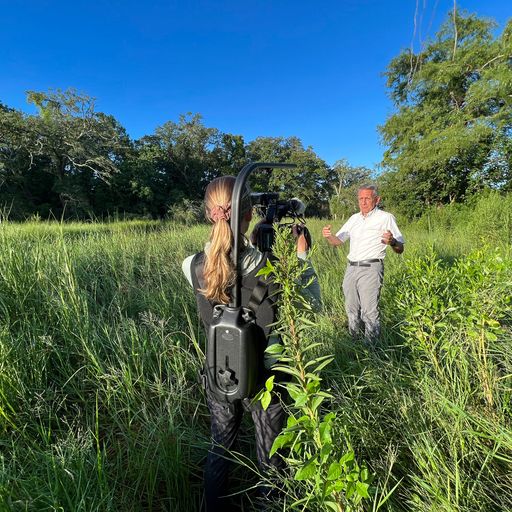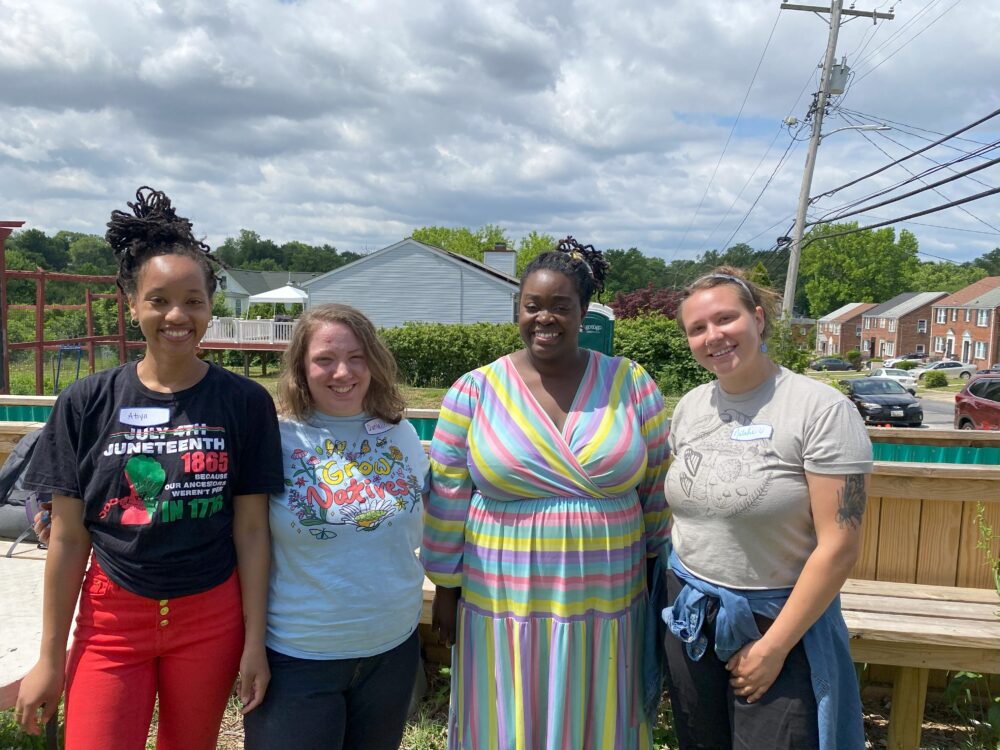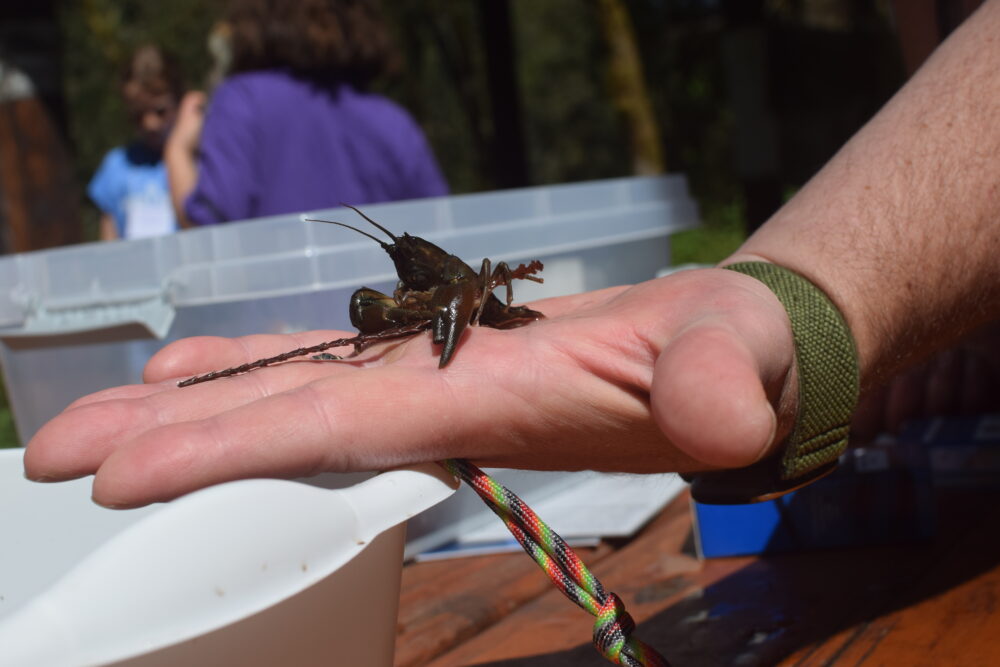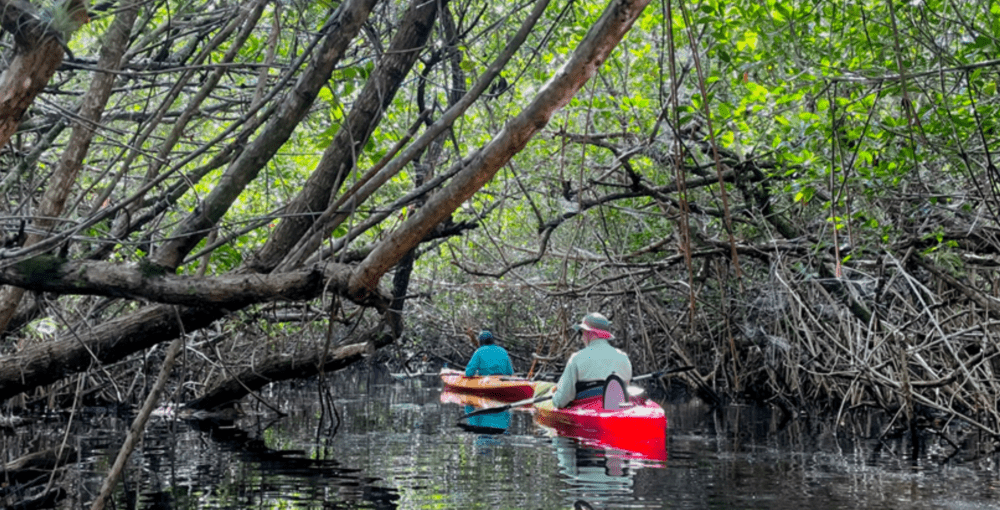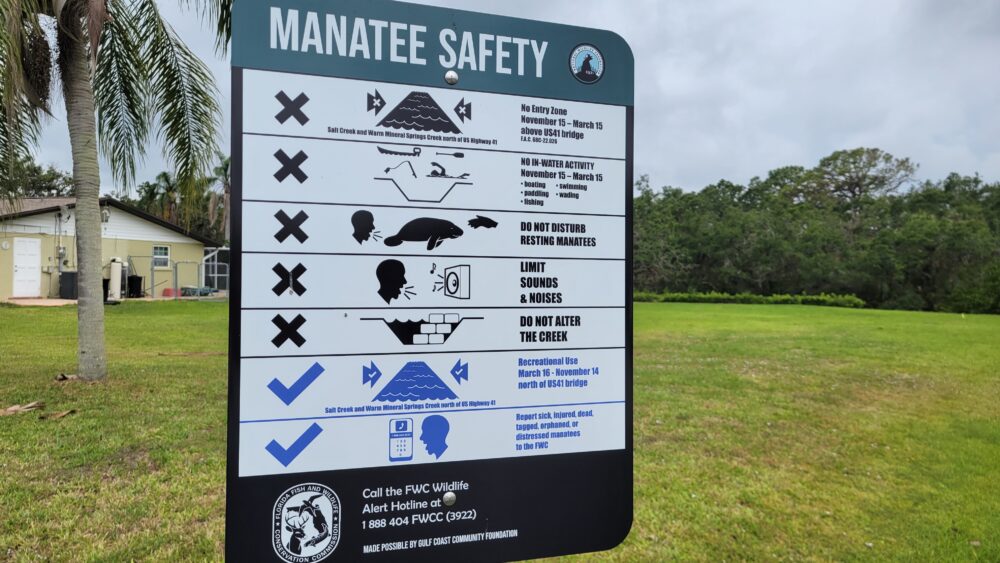We have much more to do and your continued support is needed now more than ever.
USGBC Rewards Sustainablility Curricula

The U.S. Green Building Council has just announced the recipients of their Excellence in Green Building
Curriculum awards and grants program. This is the first year these awards have been presented, which are intended to identify and transform green build curricula throughout K-12 and college education.
These schools show some exciting new developments in training for green-collar building jobs, a sector that is worth about $12 billion today and is expected to grow by leaps and bounds over the next few decades. We’ve highlighted the colleges and universities which received recognition below.
Awards, which were judged on demonstrated success, ability to replicated, scope of influence, advancement of green principles within the educational community and the fostering of a collaborative or interdisciplinary approach:
University of Texas Alley-Flat Apartments:
U. Texas took a neighborhood approach to green building by teaming up with
several local development organizations to create prototypes for
apartments that fit into Austin’s underused alleyways. These homes,
which will be environmentally-friendly as well as affordable, will
demonstrate the role of architecture in community building, as well as
test a way to provide housing for under-served and lower-income residents.
Yavapai College’s Residential Building Technology Degree: Yavapai teaches students to design, build and manage safe, durable and energy-efficient living spaces. Students can earn three certificates through a short year-length program, or earn an applied science degree in two years. From their site: "Students also learn to incorporate appropriate (climate-specific)
building materials, systems and technologies, and make design and
material selections based on current applied building-science principles and sustainable design/green building practices."
Grand Valley State University’s Whole-Campus Sustainability Initiative: GVSU has integrated curriculum, operations, student action, LEED building, and community engagement to create a triple-bottom-line (economic, social, environmental) strategy for sustainability.
University of Virginia’s ecoMOD Homes: ecoMOD is a research and design/build project which aims to create ecological and affordable prototypes for homes. They are experimenting with modular and pre-fabricated materials, and will explore the potential for these homes to be used by organizations such as Habitat for Humanity and Piedmont Housing Alliance, which will receive the first four prototypes.
Grant recipients ($20,000), which were evaluated on originality, collaborative or interdisciplinary approach, scope of influence, feasibility and the ability to be replicated:
Eastern Iowa Community College District’s Green Building Tech Curriculum: Eastern Iowa’s Community College District received a grant to develop a four-credit course for Green Construction development that will give students hands-on construction experience. Modules in HVAC, interior design, horticulture and manufacturing will also be included.
Santa Fe Community College: The USGBC grant will be directed towards the development of an online course to visually document the process of an energy-efficient home that generates its own power, off-grid style. Part of a certificate program in green building, the three-credit course will provide videos of each stage of the building process, as well as interviews on resident health, costs, automation and materials.
Cornell University: The Collaborative Green Building Practice course will emphasize interactive learning and critical thinking to place green building in the wider context of communities and the environment. As part of the course, students will produce a ten-minute documentary film for posting on an interactive learning website.
University of Maine at Farmington: UMF will use its two new LEED-certified buildings to launch a sustainability curriculum which includes university students as well as local Pre-K through 12 schools and community members. Faculty will incorporate the LEED buildings into their curricula, training students and schools on personal and institutional action.
Image: Students at Yavapai College











